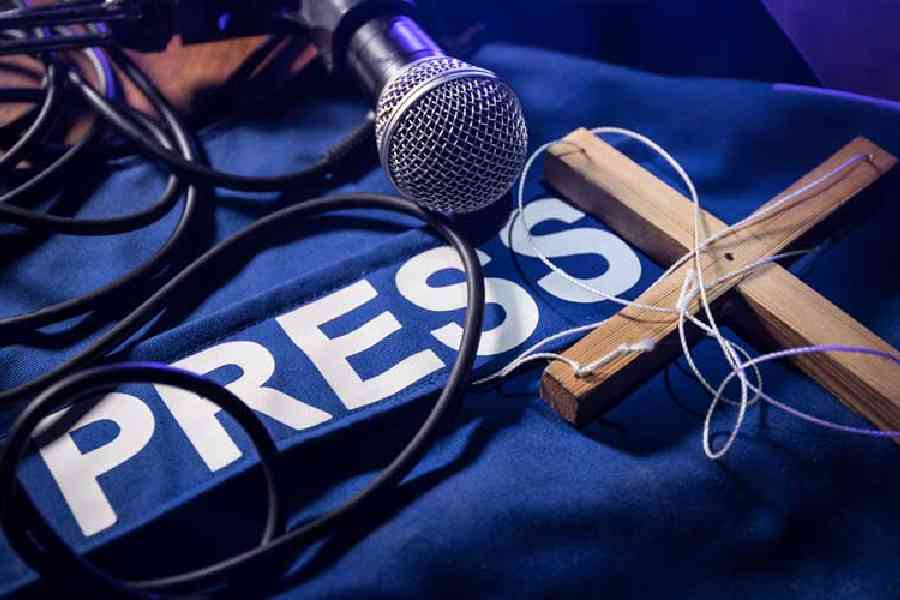On May 3, the Union home minister, Amit Shah, had greeted journalists on the occasion of World Press Freedom Day, crediting the news media for its role in strengthening Indian democracy. Yet the annual Press Freedom Index, released by Reporters Without Borders the same day, paints a very different picture of the nature of the relationship between the State and the media than the one of mutual respect that Mr Shah attempted to project. India, which in recent years has seen its ranking fall, slid further to 161 out of 180 countries. Meanwhile, a report by the United States Commission on International Religious Freedom has highlighted India as a “country of particular concern”. The USCIRF, whose members are appointed by the president of the United States of America and the US Congress, said the erosion of religious freedom had continued over the past year. Neither ranking is particularly surprising — India has been slipping in most such global ratings in recent years. The Indian government rejects such reports and the criticism they offer as evidence of a bias against the country’s rise. Indian democracy, it insists, is safe and needs no certificate from anyone else.
To be sure, few Indians are likely to be swayed politically by such ratings on their own. By smartly pitching the reports as attacks on India, the government might even be able to whip up sentiment in its favour. However, these rankings do have a significant impact on the country’s international reputation and hold up a mirror domestically to Indians on how the world views them. These rankings play into other global indices and are factors in how ratings firms and global investment advisory agencies evaluate countries. They impact how ordinary people around the globe and the world media view India. All of this is only possible because while there is room to quibble about specifics — such as whether India should rank lower even than Taliban-ruled Afghanistan in press freedom — these ratings, unfortunately, are accurate in capturing the general drift of India towards illiberalism, majoritarianism and authoritarianism. A nation where the government allegedly allows or participates in efforts to discriminate against minorities is one where equal rights and the rule of law — the bedrocks of democracy — are mere buzzwords. Similarly, when journalists are routinely arrested on national security grounds and media organisations are raided, the press is weakened in its ability to strengthen democracy by holding the government accountable, no matter what the home minister says.











